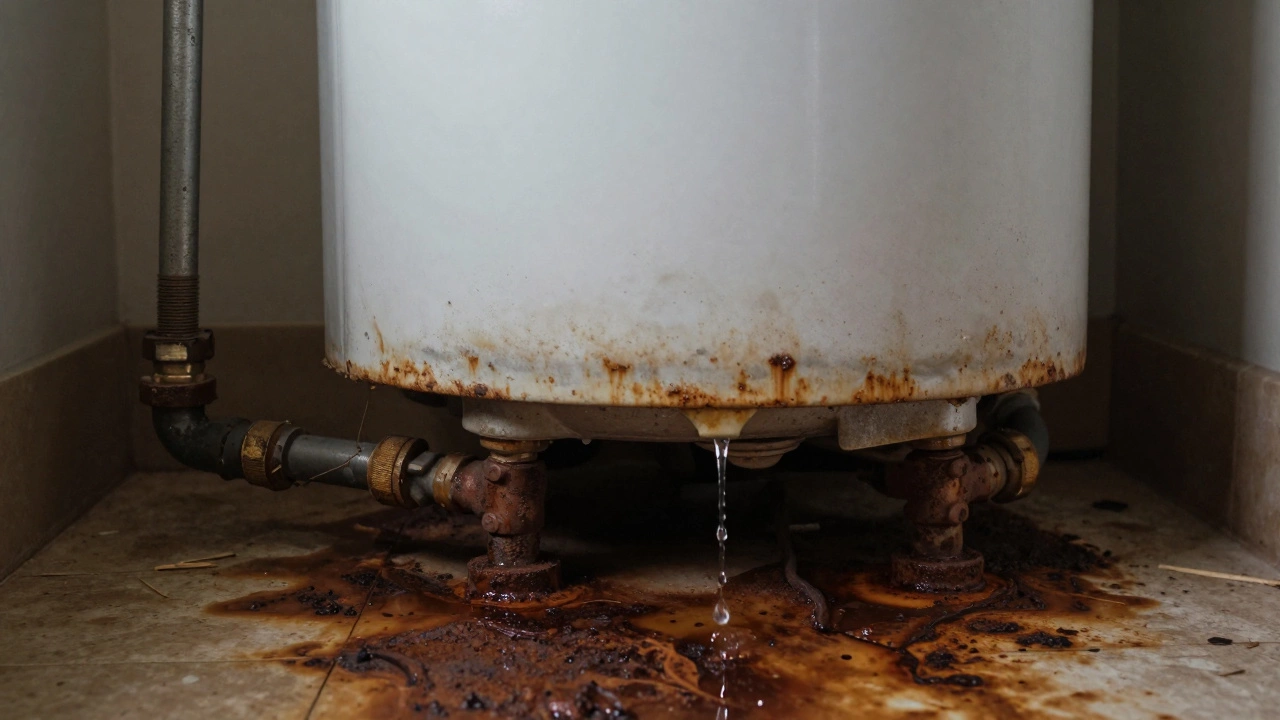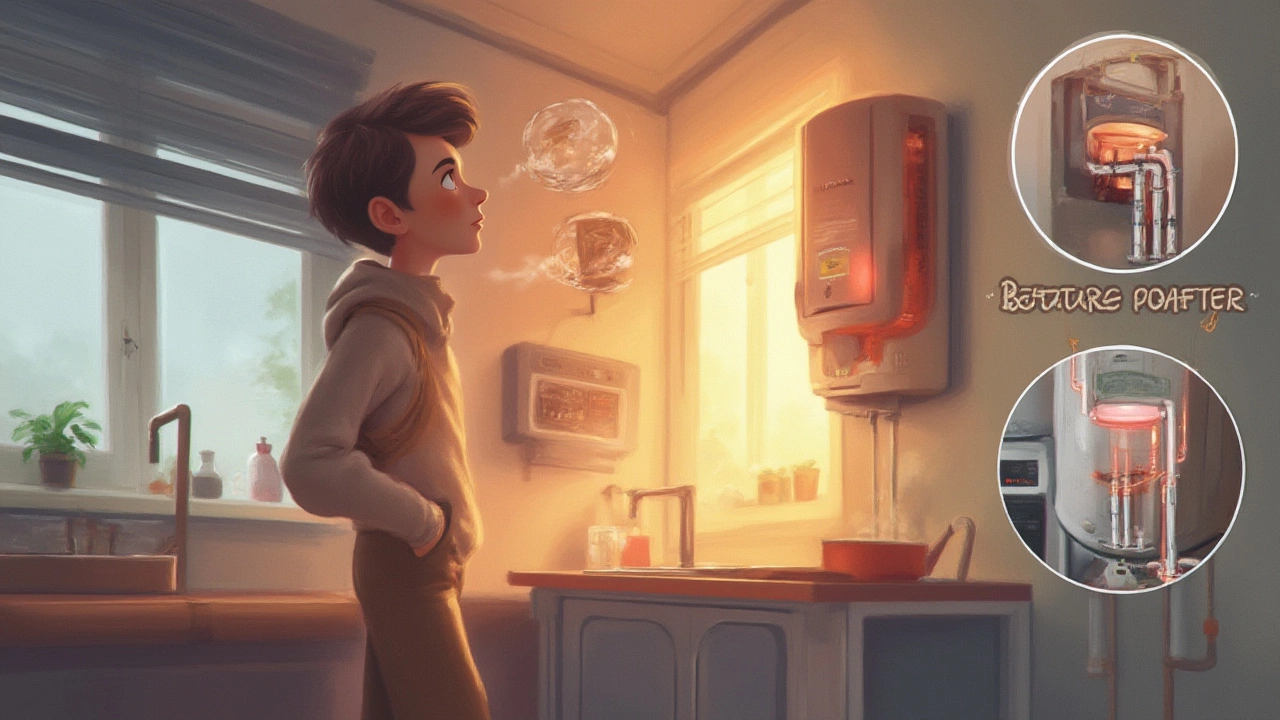Hot Water Heater: Repair, Replacement & Maintenance Tips
If you’ve ever stepped into a cold shower because the water heater quit mid‑cycle, you know how annoying that can be. The good news is most hot water heater problems are fixable, and even when you need a new unit, the process isn’t as scary as it sounds. This guide breaks down the most common issues, how long a heater should last, and what to do whether you’re DIY‑inclined or want a pro on the job.
Common Hot Water Heater Problems
Cold water bursts, strange noises, and leaking tanks are the top complaints we hear. A sudden drop in temperature often points to a broken heating element or a faulty thermostat – both cheap enough to swap yourself if you’re comfortable with basic tools. Rattling or popping noises usually mean sediment buildup; a quick flush can clear the gunk and restore quiet operation. Leaks around the base typically signal a cracked tank, which is a no‑go for DIY repairs – it’s time to call a specialist.
How Long Do Water Heaters Last?
Most conventional tank heaters have a lifespan of 8‑12 years, while tank‑less models can push 20 years with proper care. Watch for warning signs: rusty water, higher energy bills, or frequent repairs. These clues often mean the unit is nearing the end of its useful life and replacement will save you money in the long run.
When the heater does need swapping, the job usually takes 2‑4 hours for a pro and 4‑6 hours for a confident DIY’er. The key steps are draining the old tank, disconnecting gas or electrical lines, positioning the new unit, and refilling. Safety is non‑negotiable – turn off the power or gas, and bleed any air from the system before testing.
If you’re tempted to DIY, start with the simple fixes: turn off the power, check the breaker, and reset the thermostat. For a failed heating element, locate the access panel, unscrew the old part, and match the new element’s specs exactly. Always replace gaskets and use T‑eflon tape on pipe threads to avoid future leaks. When in doubt, a quick call to a certified technician can prevent costly mistakes.
Regular maintenance can double a heater’s life. Once a year, flush the tank to remove mineral buildup, inspect the anode rod for corrosion, and test the pressure‑relief valve. These quick chores keep efficiency high and reduce the risk of a surprise breakdown during winter.
Bottom line: know the symptoms, do the easy fixes, and schedule professional help for major issues or replacements. With a bit of upkeep, your hot water heater will keep the water warm and the mornings smooth for years to come.
What Is the Most Common Problem with a Hot Water Heater?
0 Comments
The most common problem with a hot water heater is a leaking tank, often caused by corrosion from hard water and salty air. Learn how to spot early signs, prevent damage, and when to replace it.
Read MoreSigns You Need a New Hot Water Heater: How to Know When It's Time
0 Comments
Your water heater might be whispering (or groaning) that it needs to retire. Learn how to spot telltale signs and save yourself from cold showers & costly leaks.
Read MoreCommon Reasons Your Hot Water Heater Keeps Tripping the Reset Button
0 Comments
Struggling with your hot water heater's reset button? Learn why it keeps tripping, how to fix it, and practical tips to keep your hot water flowing safely.
Read MoreHot Water Heater Repair: How Long Does It Really Take?
0 Comments
Wondering how long it takes to fix a hot water heater? This article breaks down the repair process, covering everything from simple fixes to major overhauls. You’ll learn what factors affect repair time and what to expect when calling a pro. No nonsense—just practical timelines and real tips for homeowners. If you’re tired of cold showers and want clear answers, you’re in the right place.
Read MoreStep-by-Step Guide to Resetting Your Hot Water Heater
0 Comments
Resetting a hot water heater doesn't have to be a daunting task. By understanding the process, you can ensure a consistent supply of hot water in your home. This guide covers everything from identifying the need for a reset to step-by-step instructions on different types of heaters. Learn handy tips and gain insight into maintaining your water heater for optimal performance.
Read MoreTop Reasons Your Hot Water Heater Might Suddenly Stop Working
0 Comments
A sudden breakdown of a hot water heater is not just an inconvenience; it can disrupt daily routines and lead to larger issues if not addressed. Understanding common causes such as power supply failures, faulty thermostats, and sediment buildup can help in quickly diagnosing and even preventing these mishaps. Learn about maintenance tips and when to consider calling a professional for repairs. With the right knowledge, many water heater problems can be resolved with minimal expense and effort.
Read More




